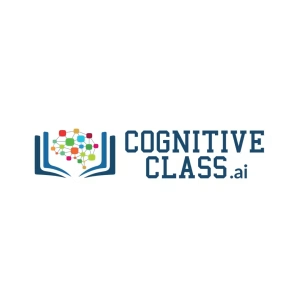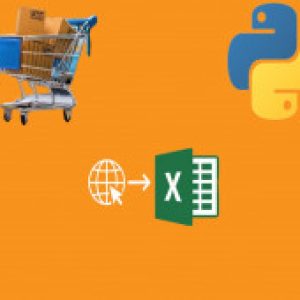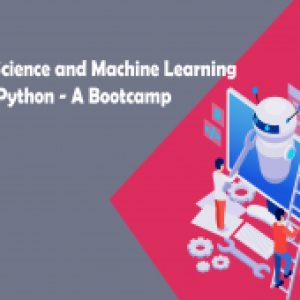Data Science
Showing 373–384 of 1577 results

Data Preparation in Power BI
In this interactive Power BI course, you’ll learn how to use Power Query Editor to transform and shape your data to be ready for analysis.

Data Privacy Fundamentals
Understand the fundamentals of data privacy in this essential course. Learn the principles of protecting personal data, the regulatory landscape (GDPR, CCPA), and best practices to ensure compliance and safeguard sensitive information.

Data Processing in Shell
Learn powerful command-line skills to download, process, and transform data, including machine learning pipeline.

Data Project with Beautiful Soup – Web Scraping E-Commerce
Learn how to scrape E-Commerce Websites with Beautiful Soup

Data Science – Python for Machine Learning
No coding knowledge required.

Data Science – Regression and Clustering Models
This Free Online Course Includes: 1.5-3 Hours of Learning CPD Accreditation Final Assessment

Data Science – Visualizing Data and Exploring Models
This Free Online Course Includes: 1.5-3 Hours of Learning CPD Accreditation Final Assessment

Data Science – Working with Data
This Free Online Course Includes: 1.5-3 Hours of Learning CPD Accreditation Final Assessment

Data Science : The Art of Wrangling Data
Big Data, Data Science, The data science lifecycle, Data science tools, Python and R, Data science and machine learning, Apache Spark, Data science and cloud computing, and more here

Data Science 101
Start your journey into data science with this beginner-friendly course. Learn essential concepts, tools, and techniques in data analysis, and gain a foundational understanding of how data science powers decision-making across industries.

Data Science Adoption: Bringing Insights to Business
Data Science Adoption: Bringing Insights to the Business Panel with Jennifer Brett, Mai Alowaish, Jennifer Heider and Ruth Milligan at the 2019 Women in Analytics Conference.

Data Science and Machine Learning using Python – A Bootcamp
Numpy Pandas Matplotlib Seaborn Ploty Machine Learning Scikit-Learn Data Science Recommender system NLP Theory Hands-on
